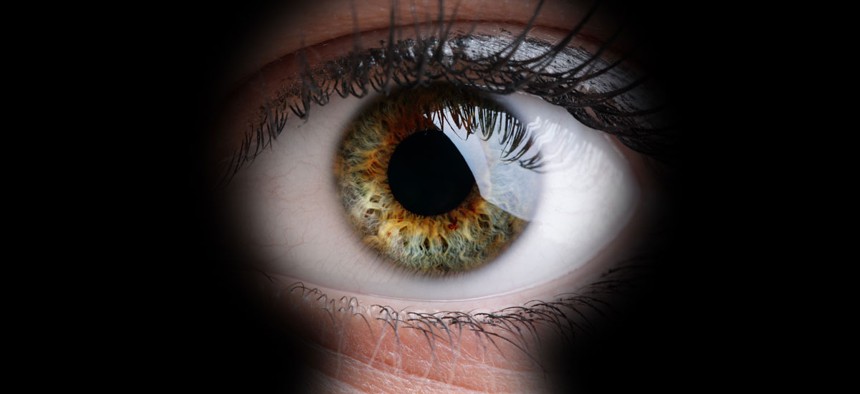DARPA Wants Technology That Could Help Troops See Through Walls

Brian A Jackson/Shutterstock.com
Light particles used to create photographs carry lots of information about their surroundings, but traditional imaging systems only gather a fraction of it, according to DARPA.
The Pentagon’s emerging technology arm is looking into systems that could reconstruct a 3-D image of a scene from a single vantage point, including objects not visible in the line-of-sight.
This technology, according to a Defense Advanced Research Projects Agency announcement, might eventually help troops prepare for hidden threats -- assailants hidden behind barriers, for instance.
DARPA is soliciting research proposals on ways to extract more information from light particles than cameras typically do. The light particles, called photons, carry many layers of information about their surroundings -- but traditional imaging systems such as cameras only gather a fraction of this information, according to DARPA.
The research aims to use "mathematical methods to coax from photons a little more of a story about where [photons have] been and what they’ve seen,” said Predrag Milojkovic, a program manager in DARPA’s Defense Sciences Office, in a statement. This technology could "effectively allow ‘flying through the scene’ without changing one’s physical location."
A new system could also help troops identify radioactive and chemical threats.
The research program, called “Revolutionary Enhancement of Visibility by Exploiting Active Light-fields," or REVEAL, has two 24-month phases. The first would determine the limits of single-viewpoint scene reconstruction, while the second would create a framework for gathering more information from photons.
(Image via Brian A Jackson/ Shutterstock.com)
NEXT STORY: Unbreakable: A Robot That Can't Be Stopped





